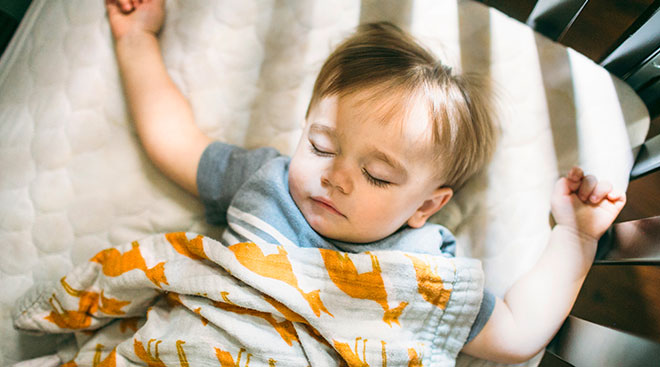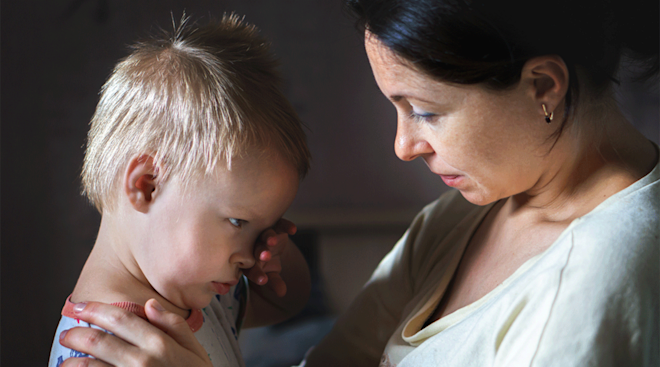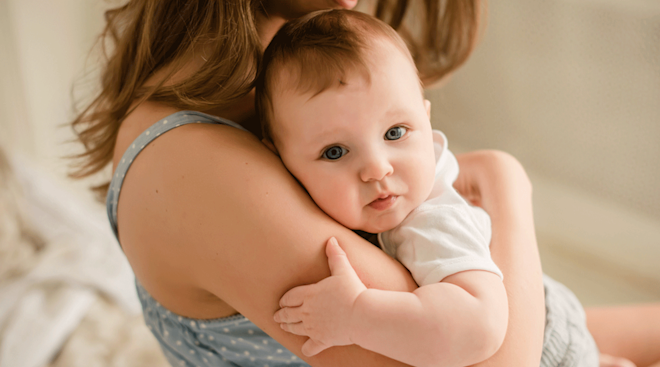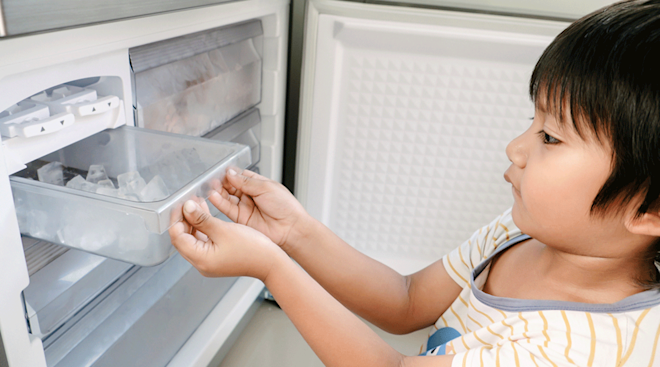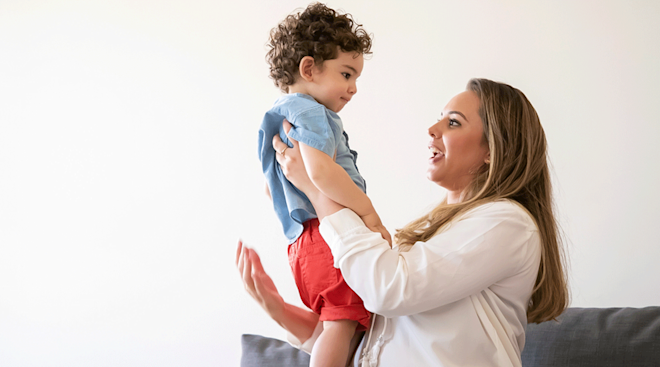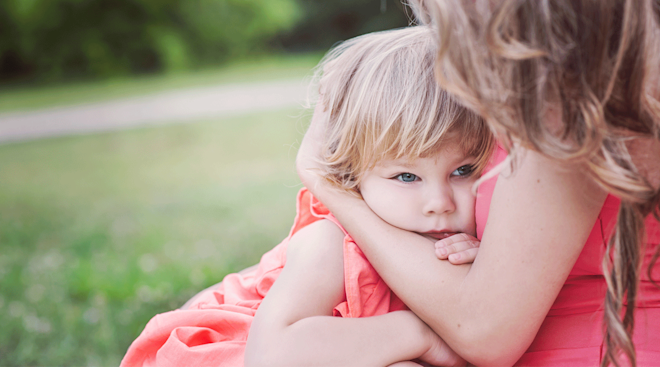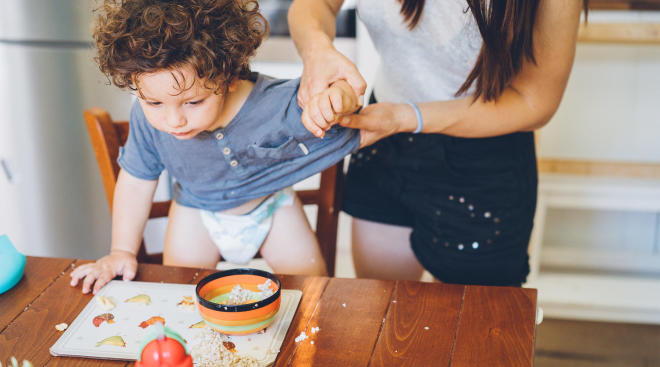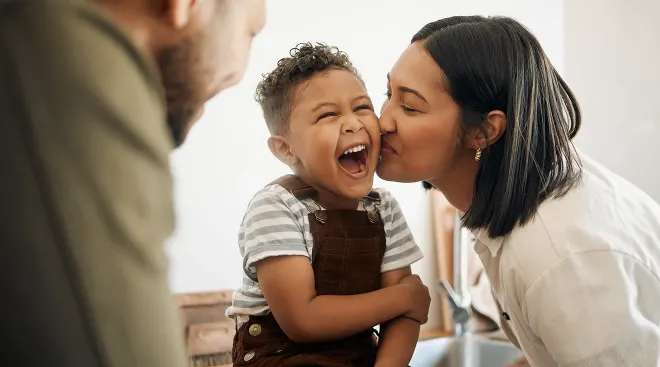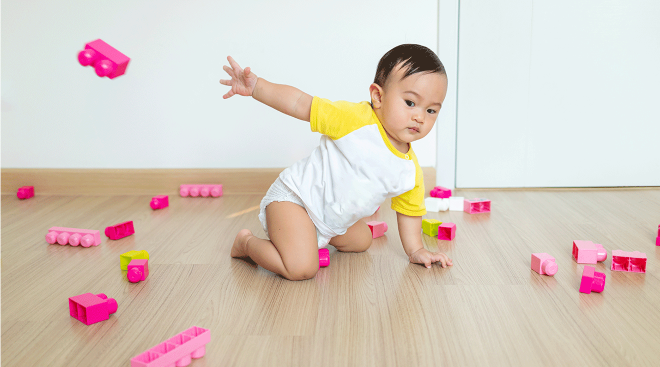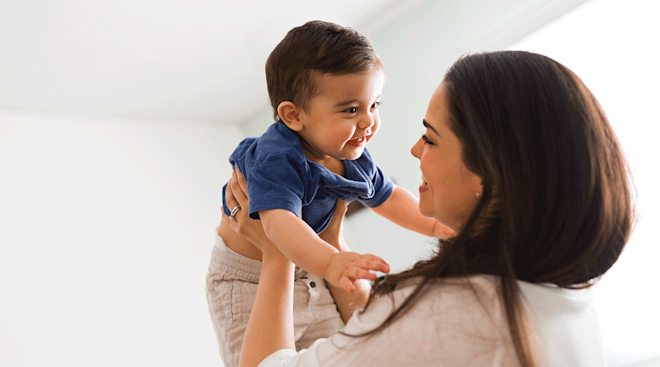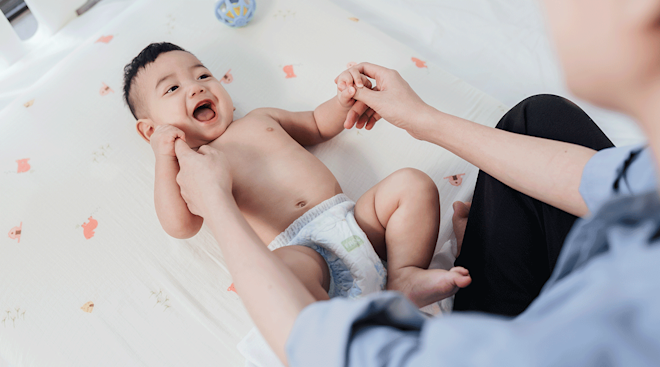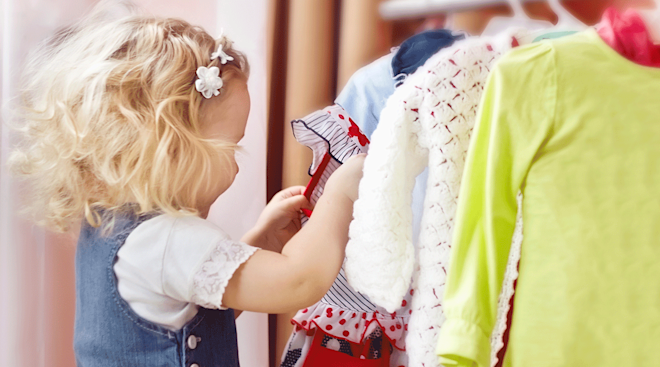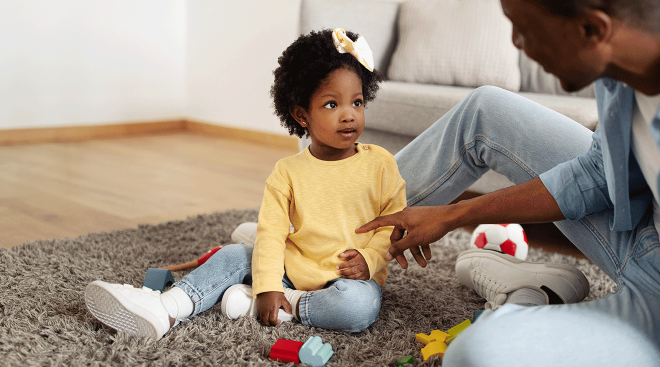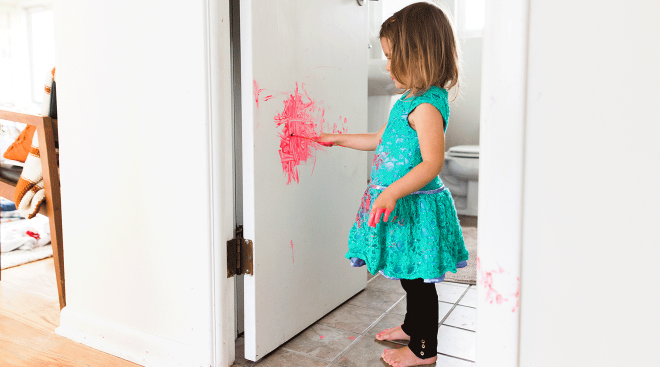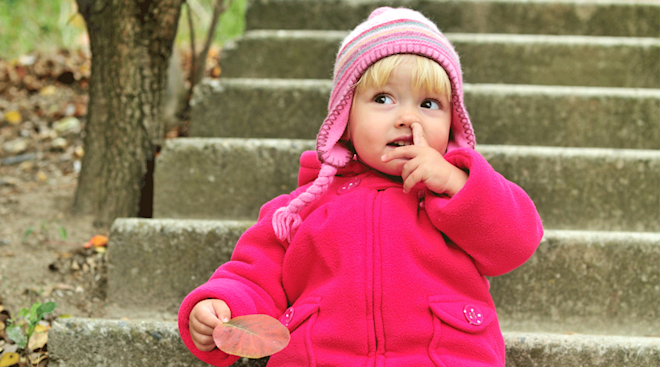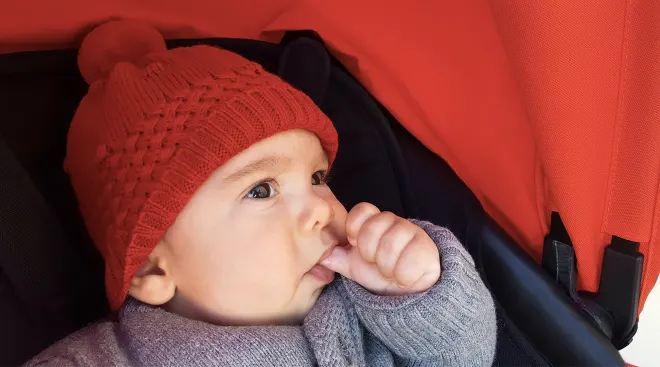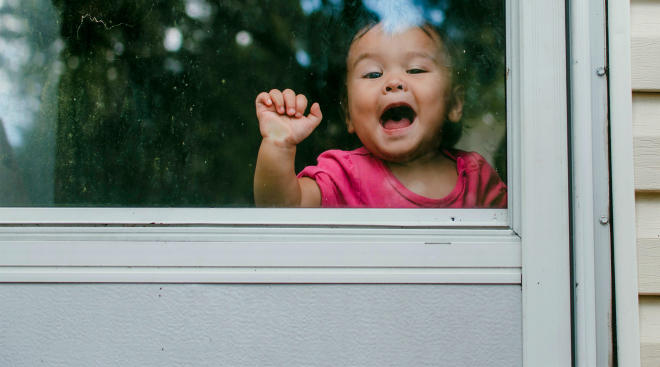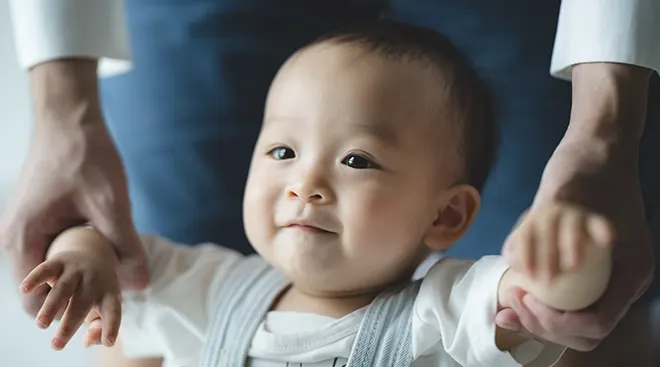Naps May Help Strengthen Baby’s Long-Term Memory, Study Suggests
It’s widely known that, even as we sleep, our brains continue to process the things we’ve recently experienced. Previously, experts believed sleep in early childhood contributed to the development of semantic memory, which contributes to general facts and knowledge. Now, a study has proved that in fact babies also build their episodic memory during naps, allowing them to retain detailed memories of their individual experiences once they wake up.
The study, published in Nature Communications was conducted by scientists at the Max Planck Institute for Human Cognitive and Brain Sciences (MPI CBS) Leipzig and the Humboldt University (HU) Berlin, with researchers from Lübeck and Tübingen. They looked at the relationship between naps and episodic memory in three different phases. Through each phase, they used electroencephalograms (EEG) to record the babies’ brain activity.
In the first phase, called the learning phase, 14- to 17-month old children were shown pictures of objects they could name (such as cars, balls, dogs). They were then told by the researchers what the right name for each picture was. The kids were then split into two groups. One group napped for one to two hours after the learning phase and the other stayed awake. In the second, test phase, the children were once again shown pictures of cars, balls and dogs. These included new images, as well as ones they had seen in the previous learning phase. Now, the researchers named each object, once correctly and once incorrectly.
They found in their EEG analysis that the group who had napped responded differently to the memory test than the group who hadn’t, but not in all cases. The brain response, for example, wasn’t different for babies who were shown a ball they had never seen before and were told it was a car. Both groups showed an N400 component, which, according to the study, “ occurs when the brain processes inappropriate meanings.” This indicates that the children knew the ball was not a car. However, when the babies were shown a ball from the learning phase that researchers had called a car, the group that hadn’t slept showed the N400 component, while the group that had did not. The napping group, researchers found, exhibited a brain response that was triggered when a ball from the learning phase was correctly called a ball. The group did not have the same response when presented with a ball they had never seen before.
The conclusion, according to the study, is that after sleeping, the babies didn’t understand the object-word pairs, but rather viewed them as individual events they had experienced, explaining why they recognized one ball as a “ball,” but not another.
“The results show that sleep not only enables the infant brain to generalize individual experiences, but also to preserve individual experiences in detail and to differentiate them from existing general knowledge,” first author Manuela Friedrich, researcher at the MPI CBS and HU Berlin, explained in a release. “The fact that a recognized object-word episode is not understood as referring to general knowledge means that its details can be protected from mixing with existing memory.”
More research is needed and the findings present an interesting component to infantile amnesia, which is the inability of adults to recall episodic memories from before the ages of 2 to 4 years, the study states. However, researchers believe the study confirms that babies are capable of remembering events in great detail and sleep can have a significant impact on this.
Please note: The Bump and the materials and information it contains are not intended to, and do not constitute, medical or other health advice or diagnosis and should not be used as such. You should always consult with a qualified physician or health professional about your specific circumstances.
Navigate forward to interact with the calendar and select a date. Press the question mark key to get the keyboard shortcuts for changing dates.

































